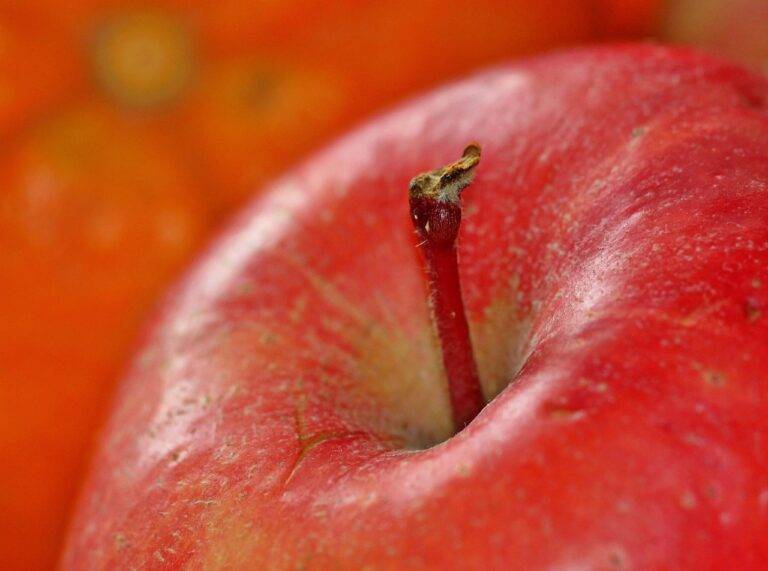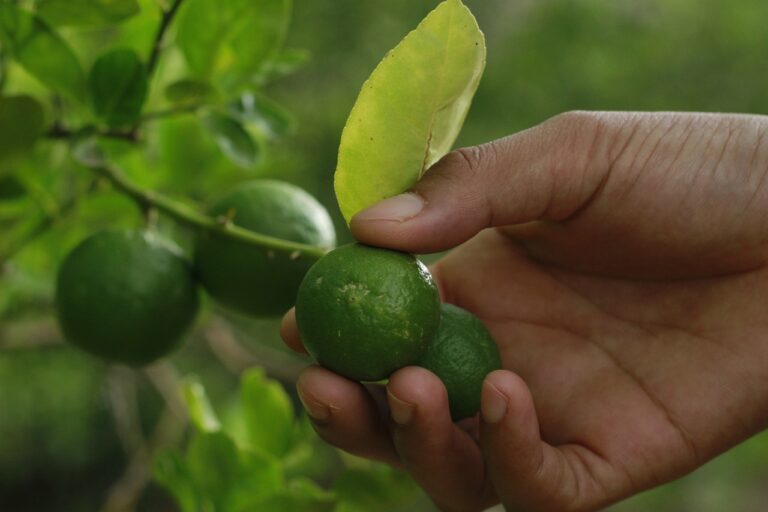The Influence of Nut and Seed Crop Diversity on Agricultural Sustainability: 11xplay, India 24 bet login registration, Skyiplay
11xplay, india 24 bet login registration, skyiplay: When it comes to agricultural sustainability, the diversity of nut and seed crops plays a crucial role in ensuring a healthy and resilient food system. Nut and seed crops are not only essential sources of nutrition, but they also contribute to biodiversity, soil health, and overall ecosystem resilience. In this article, we will explore the influence of nut and seed crop diversity on agricultural sustainability and why it is important for the future of our food supply.
Nut and seed crop diversity refer to the variety of different types of nuts and seeds that are grown and consumed around the world. This includes everything from almonds and cashews to chia seeds and flaxseeds. By growing a diverse range of nut and seed crops, farmers can help to ensure that our diets are rich in essential nutrients and that our food system is more resilient to environmental challenges such as droughts, pests, and diseases.
One of the key benefits of nut and seed crop diversity is that it can help to promote biodiversity on farms. When farmers grow a variety of different nut and seed crops, they provide habitats for a wide range of beneficial insects, birds, and other wildlife. This can help to control pests naturally, reduce the need for chemical pesticides, and promote a healthier and more balanced ecosystem.
In addition to promoting biodiversity, nut and seed crop diversity can also help to improve soil health. Different nut and seed crops have different root structures and nutrient needs, which can help to break up compacted soils, prevent erosion, and improve soil fertility. By rotating different nut and seed crops in their fields, farmers can help to build healthier soils that are more resilient to droughts and floods.
Furthermore, nut and seed crop diversity can help to reduce the risk of crop failure due to pests, diseases, and extreme weather events. When farmers grow a variety of different nut and seed crops, they are less likely to lose their entire harvest to a single threat. This can help to ensure a more stable and secure food supply for communities around the world.
Overall, the influence of nut and seed crop diversity on agricultural sustainability is clear. By growing a diverse range of nut and seed crops, farmers can promote biodiversity, improve soil health, and reduce the risk of crop failure. This not only benefits farmers and consumers but also helps to build a more resilient and sustainable food system for future generations.
In conclusion, nut and seed crop diversity is crucial for agricultural sustainability. By promoting biodiversity, improving soil health, and reducing the risk of crop failure, nut and seed crop diversity can help to ensure a healthy and resilient food system for all. As consumers, we can support nut and seed crop diversity by choosing a diverse range of nuts and seeds in our diets and by supporting farmers who grow a variety of different crops.
—
FAQs
1. Why is nut and seed crop diversity important for agricultural sustainability?
Nut and seed crop diversity are important for promoting biodiversity, improving soil health, and reducing the risk of crop failure due to pests, diseases, and extreme weather events.
2. How can consumers support nut and seed crop diversity?
Consumers can support nut and seed crop diversity by choosing a diverse range of nuts and seeds in their diets and by supporting farmers who grow a variety of different crops.
3. What are some examples of nut and seed crops?
Some examples of nut and seed crops include almonds, cashews, chia seeds, and flaxseeds.







